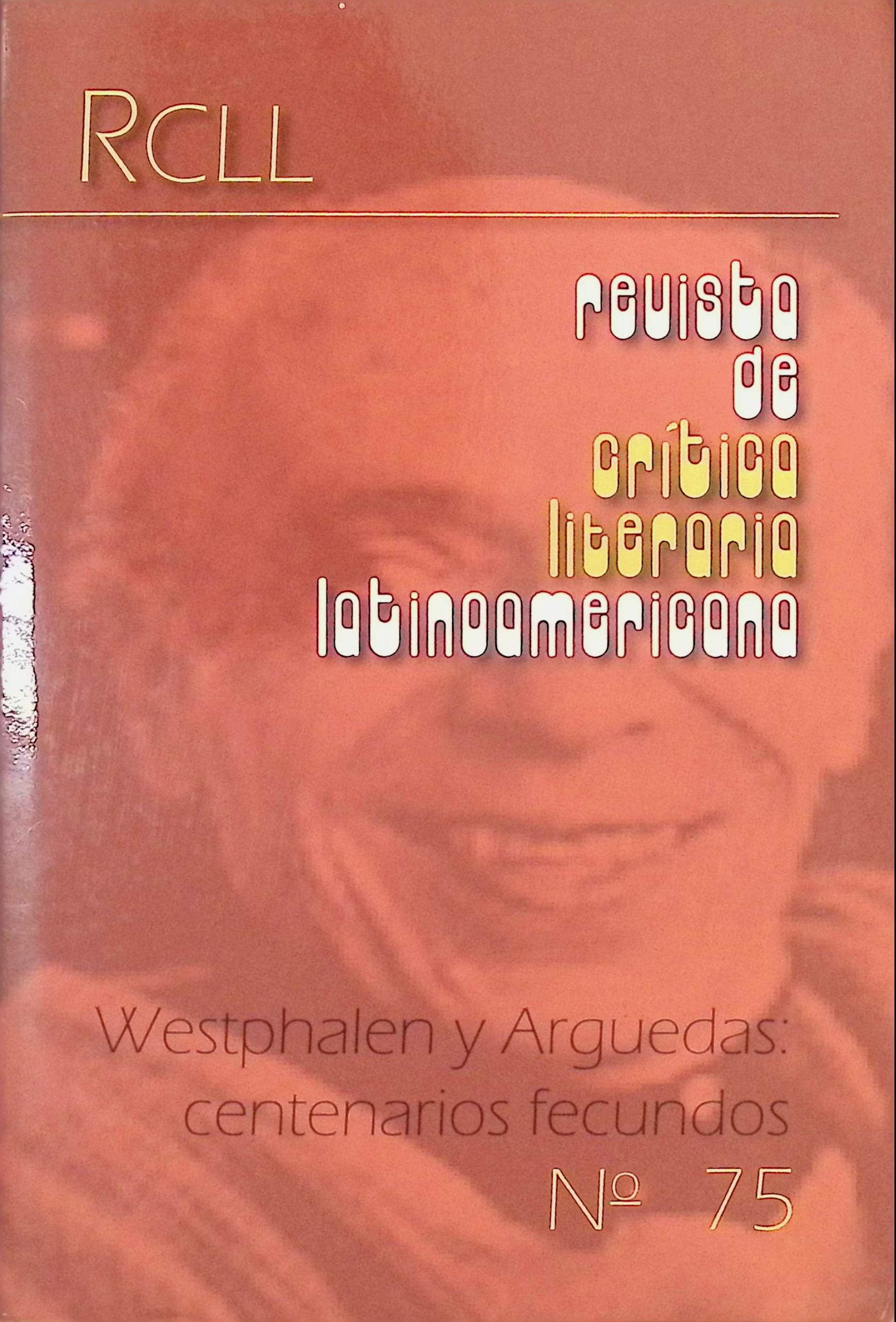Shamanic Journeys: On Cognitive Affect in Arguedas, W. H. Hudson, and Deleuze and Guattari
Keywords:
Hudson, Deleuze and Guattari, rizome, nature, cognitive affectionAbstract
This work expounds upon the connection and distinction between the works of W.H. Hudson and Jose María Arguedas, using the rhizomatic theory of Deleuze and Guattari to evaluate the power of a landscape to evoke and create memories, while at the same time instilling a sense of “being.” This article explores the cognitive affect experience of shamanic culture, a theme somewhat more present in the work of Arguedas. Hudson, rather, focuses on a projection of self into nature on an individual level, as opposed to the cultural and individual dual focus of Arguedas. This paper is grounded in the idea that different states of consciousness are essential to understanding realities and immersing ourselves in a state of “being,” which is poignantly shaped by the settings described by Arguedas and Hudson.





